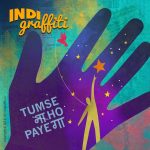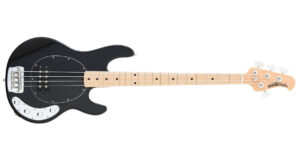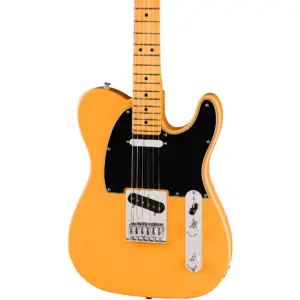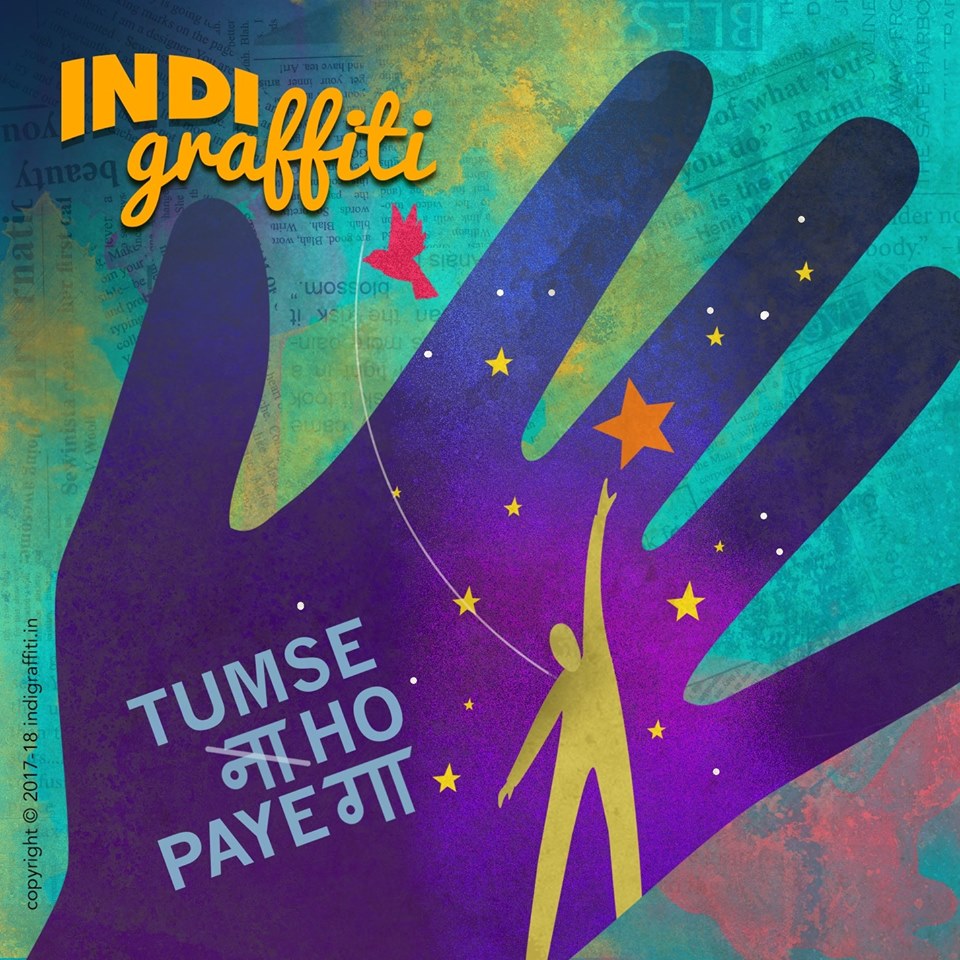Zaraasa (Pavan Gaikwad): Debuts are a good thing. It means someone else decided that they were going to deafen their inner monologue of self-doubt, and do something that they love. When it comes to musical debuts, I tend to be especially pleased, simply because I obsess about indie music in this country.
Gaikwad’s initiation into solo musicianship is characterised by an EP that is an easy addition to lazy days. Four songs, sung in Hindi with a lilt towards wistful what-ifs and if-onlys. He focuses on the parts of life that are usually ignored in the midst of honking buses and deadlines, and tries to draw attention to the more fleeting things, like actual human feelings.
Musically, Gaikwad keeps the arrangement pared down into uncomplicated chords. “Berang” and “Tum Aur Main” stand out for being particularly pleasant. However charming they might be, the songs do tend to be on the simplistic side on this. There is nothing to criticise about any of them, but they fall short of being memorable. Nonetheless, one can feel optimistic about the quality of Zaraasa, and quite sure about the fact that his forthcoming undertaking on tonality will be worthy of anticipation.
Impressions (Shorthand): This band called itself “genre free”, and justifies the qualifier with it’s debut single. Impressions was create out of elaborate thought – a fact evident when you juxtapose the lyrics with the shift-heavy but seamless melodic blueprint. You have the tinkerings of blues, edges of jazz, the mellow impugning of pop-rock, all woven into unison by seasoned stringwork.
The song is emblematic of a mature musical sensibility and expansive awareness. It surprises, soothes, stimulates and satiates without depending on puff. It presents an elaborate narrative, by virtue of not only the musical arrangement but also the intelligent lyrical focus. The song demands that you listen with some intent, but no part of it is without charm.
Tumse Na Ho Payega (Indi Graffiti): Apparently, the album is named after a phrase that the band has heard directed at them a bit too frequently. That in itself could endear the four men comprising the band, as derision and lack of faith from those plaguing one’s daily existence is a phenomenon that almost no one is unfamiliar with.
The album is a mixed bag. Let me begin by saying that having an entire album devoted to Hindi rock is a delightful occurrence, simply because it does not happen often enough. Indi Graffiti stays very faithful to the “rock” part, and each song has solid melodic frameworks to build on. The classic rock leanings make every track worth listening. They are crafted with an astute ear for fun, but never verging on trite.
Woh, however, is a bit self-indulgent in elaboration on heartbreak. Despite beginning on an encouraging lyrical note, it veers into a certain amount of catastrophizing with regard to losing the lover. This is common enough, but it lacks the lyrical elegance to impart it any aching beauty. It’s just a 5 minute bummer. Jeetunga has great music (like every song) but the words do not sound that far from a Bollywood-style montage of hero rising to defeat arrogant rich guy at basketball match. It strays into the realm of the unoriginal. Tum Hi Ho is nice, but generates similar complains.
Safar, Haeli Maeri and Barsaat are genuinely beautiful songs. They are balanced and achieve the seemingly simple but hard-to-attain quality of being deeply pleasant. Khwaab is a Hindi rock ballad done right – a creature that has not been sighted in this side of the wilderness too often.
The album is enjoyable, and the band deserves encouragement. While they might not be breaking new ground, they never risk devolving into disinterest. The music is evidently a labour of love, and the love is well-placed. One can, with good reason, hope that their compositional ethos will evolve into more experimental inclinations.
Hear Me (Zephyrtone): Apparently, Hear Me is a song about a breakup sans the melancholy. I’m not sure how that works (unless you did the dumping), but that certainly does not eliminate the possibility of its existence. Then again, you can’t actually perceive any melancholy in the track because it is backed by upbeat electro-pop sheaths of danceable sound.
Vocalist Zephyr has a Selena Gomez thing going on. I can’t comment on her overproduced vocal gymnastics, but it seems to expertly croon mellow turns of phrase. Producer Sayan substantiates her mellifluous minimalism with some ambient synthwork. There’s not much in the way of musical exploration, but it’s fun. Viewing separation without the trappings of borderline-obsessional need is refreshing, and the lyrics reveal more curiosity than anguish or longing. It’s also good for a whirl on the dance floor, but also decent background for drinks with fellow electronic music lovers.
Bullehshah (TAPAS): More Hindi Rock! (This month is turning out well.) Any review of TAPAS’ single would be inadequate without commenting upon the delicate poetry of the lyrics. The theme of “Dust thou art, and unto dust shalt thou return” has been done to death, but expanding upon it through the symbology of the Punjabi Sufi poet Bulleh Shah warms the heart and delights the mind. Also, whoever wrote the lines “Bulleh shah tu hai kis firaq mein/Fakiri teri jaley kaunsi aag mein” needs hugs, high-fives and extensive applause.
Musically, the song is extremely competent. I failed to detect any real flaws. Vocalist Ninad Bhat impels his voice into an intimate relationship with its instrument-wielding compatriots. While there were moments that the anticipation seems to resolve itself in a somewhat disappointing chorus, all is well by the time the final solo kicks off. A few listens reveal that the insufficient release of quickly built sonic tension is intentional – you stick around for satisfactory catharsis and end up paying a bit more attention.
Bullehshah is an intelligently created piece of art that carries deep emotional resonance. It exudes a certain authenticity that is almost indescribable (or I don’t have enough words). If this is quality that TAPAS aspires to maintain and build upon, I can predict some serious appreciation coming their work.
Awaaz (Ady Manral): Ady Manral live in the foothills of the Himalayas. He creates songs in a misty world that has been the site of endless literary and cinematic magic. Naturally, when he sings, you can hear the wistfulness of a place that we tend to equate with dreams.
Two years ago, Mantal recorded Awaaz in the middle of monsoons washing his mountainous hometown. Clearly he seems to possess a poetic bend, as he took to singing the song once again on a similar day, his music punctuated by the sound of a downpour outside his window.
The song is a simple expression of wonderment. It is immediately relatable, as it talks about nothing in particular. There’s talk of looking for a certain something or someone, but the image formed is of an indefinable sentiment rather than a human figure. Manral has an unusual voice, but that doesn’t make much of a difference. Much pleasure is to be taken in these few minutes, and it calls for very little analysis. It’s just there without the need for too many qualifiers. An odd relief emerges from this.














